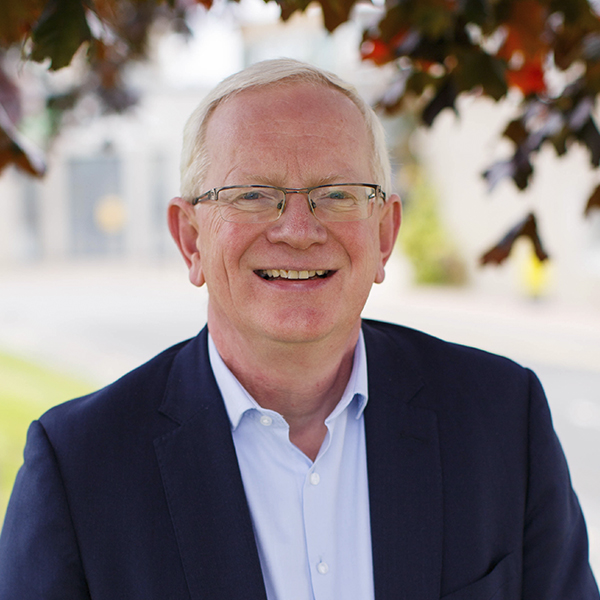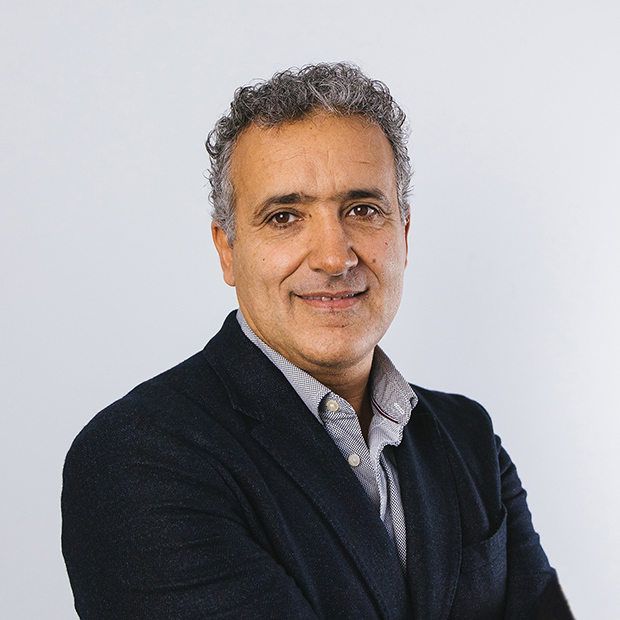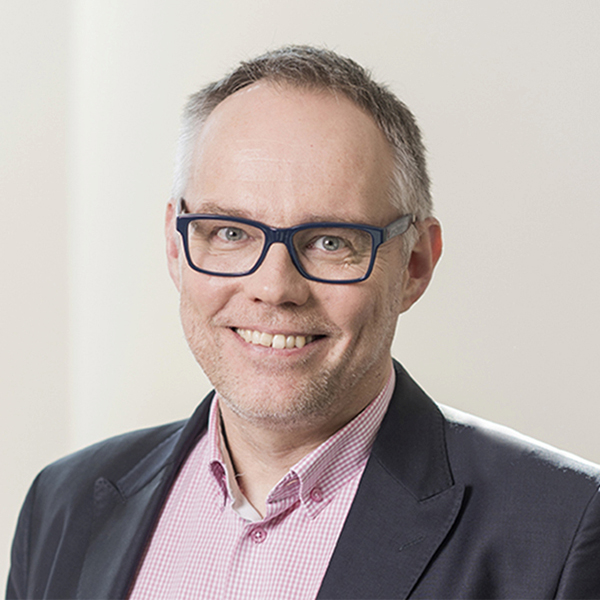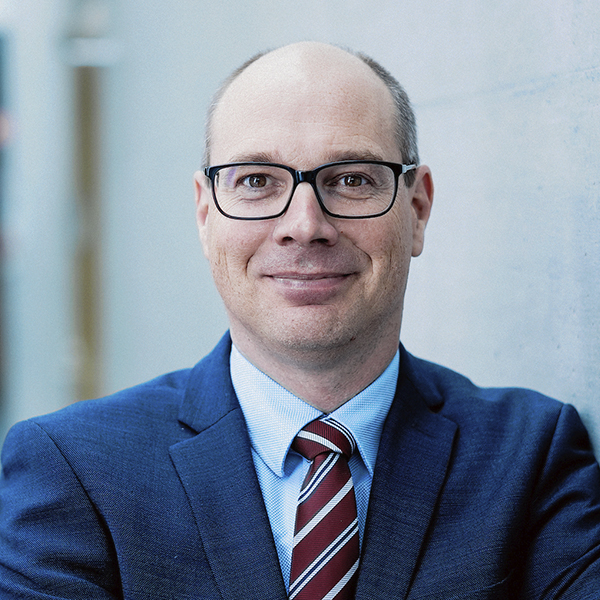Eight members far away
from each other,
but always connected
Governance
We know that knowledge production is not bound by national frontiers and management structures are increasingly going global.
As a geographically dispersed European University, RUN-EU relies on a robust and transparent management structure that uses international best practices to ensure strong communication and effective participation by all members.

Management bodies
It is the main governing, decision-making, approval and review body of the alliance and consists of:
- the rectors and presidents of each member of the alliance;
- the CEO;
- representatives from the Student Council;
- representatives from the Associated Partners.
The Governing Council meets once a year in a plenary session at the General Assembly, and virtually to address urgent or supplementary issues.
It decides on the approach to the strategic development of RUN-EU and the approach to solving development challenges, and is composed of:
- the Rectors/Presidents of all members of the Alliance;
- the CEO and nominated Vice-Rectors/Vice-Presidents of each member of the Alliance.
The Strategy Steering Group meets annually in plenary sessions at the General Assembly, and will meet regularly during the project to:
- evaluate and decide on the high-level strategic direction of the Alliance, to be developed by the CEO and/or the RUN-EU Executive Management Board.
- develop and approve guidelines for the sustainability of the Alliance and support the roll-out of the long-term vision and strategy to be developed and implemented by the CEO and Executive Management Board.
- and identify and agree on solutions to potential risks, difficulties and bottlenecks that could arise within the Alliance and the project roll-out to determine appropriate solutions and/or contingencies.
It manages the implementation of the RUN-EU strategy and work programmes, including the RUN-EU 2.0 work plan, and develops future strategic options for consideration and implementation.
The Executive Management Board is led by the RUN-EU Coordinator (from the Technological University of the Shannon) and co-led by the RUN-EU Co-coordinators (from the Polytechnic University of Leiria, the Häme University of Applied Sciences, and the NHL Stenden University of Applied Sciences) and composed of:
- the CEO;
- the Project Manager;
- the nominated Vice-Presidents/Vice-Rectors of the Alliance members with specific responsibility for RUN-EU;
- and the RUN-EU Coordinators of each Alliance member.
It meets regularly, both remotely and in person at the annual Executive Management Meeting and the annual General Assembly meetings to:
- monitor and coordinate the implementation of the long-term vision and strategy of RUN-EU;
- manage the implementation of the work plans of ongoing projects, including RUN-EU 2.0;
- identify future development opportunities for RUN-EU;
- develop a sustainability plan for RUN-EU.
It is envisaged that the RUN-EU Executive Management Board will be sustained as a management body after the project’s end to ensure the Alliance’s operationalisation in the future.
It includes the Student Council, the Staff Council, and the Associated Partner Advisory Board.
RUN-EU Student Council
The RUN-EU Student Council strategically advises the work of the RUN-EU Governing Council, the RUN-EU Strategy Steering Group, the RUN-EU Executive Management Board, and work package leaders, with an emphasis on student engagement in the overall activities, inclusion and multiculturalism, on the implementation and format of innovative mobility programmes, as well as new educational offers such as SAPs, COILs, MOOCs, BIPs and European Degrees.
It is composed of 18 members two students from each member of the Alliance.
Each member higher education institution has its own regional Student Council, composed of 15 students (10 national and five international students from outside Europe) who will meet every four months to review and advise on the Alliance’s strategy, achievements and impact at the institutional level.
During RUN-EU’s Annual Students Week, the students composing each regional Student Council integrate to form one general RUN-EU Student Council.
At the General Assembly, they act as ambassadors for RUN-EU in each higher education institution and organise student events, including dissemination activities, to promote the RUN-EU community among students.
RUN-EU Staff Council
The RUN-EU Staff Council acts as an advisory body, supporting and informing the RUN-EU Governing Council, the RUN-EU Strategy Steering Group, the RUN-EU Executive Management Board with a focus on staff engagement in academic and non-academic activities, inclusion, multiculturalism, implementation and format of innovative mobility programmes and new educational offerings such as SAPs, COILs, MOOCs, BIPs and European degrees.
The RUN-EU Staff Council consists of 18 staff members, two from each member of the Alliance.
At an institutional level, the local Staff Council is composed of 12 staff members who meet every four months to review and advise on the Alliance’s strategy, achievements and impact at an institutional level.
Associated Partner Advisory Board
The Associated Partner Advisory Board advises RUN-EU on societal engagement and the most urgent and important emerging challenges to be tackled.
It is composed of 24 members associates, three representatives from each Alliance member, ranging from regional, national and international Associated Partners.
The Associated Partner Advisory Board meets in parallel with the General Assembly meetings and advises on the societal engagement of RUN-EU members and the most urgent and important emerging challenges, promoting the regional, national and international relevance of the Alliance and its activities.
Our objectives are achieved through eight work packages:
- WP1 – Coordination and Management
- WP2 – RUN-European Programmes Academy (RUN-EPA)
- WP3 – RUN-European Research Area (RUN-ERA)
- WP4 – RUN-European Stakeholder Engagement Centre (RUN-ESEC)
- WP5 – RUN-European Mobility And Innovation Centre (RUN-EMIC)
- WP6 – RUN-EU Governance, Legal Status, Systems & Sustainability
- WP7 – Communication, Dissemination and Impact
The work packages leaders and co-leaders have regular virtual meetings and are responsible for:
- ensuring that the activities and deliverables of the work packages are implemented in time, within budget and with the expected quality
- guaranteeing that each partner is contributing as planned to the work package implementation, and assuring proper communication
- informing the Management Committee and the Coordinator of the progress of the implementation, identifying any constraint and potential deviation and proposing corrective actions
- implementing the strategic actions and needed corrective actions identified by the General Assembly, Executive Management Board and the Coordinator.
Presidents and CEOs
-
 Vincent Cunnane
Vincent Cunnane- President of TUS
-
 Carlos Rabadão
Carlos Rabadão- President of IPLeiria
-
 Maria José Fernandes
Maria José Fernandes- President of IPCA
-
 Pertti Puusaari
Pertti Puusaari- President/CEO of HAMK
-
 Marc Otto
Marc Otto- President of NHL Stenden
-
 Stefan Fitz-Rankl
Stefan Fitz-Rankl- CEO of FHV
-
 Manuel Pérez Mateos
Manuel Pérez Mateos- Rector of UBU
-
 Frederik D’hulster
Frederik D’hulster- President of Howest